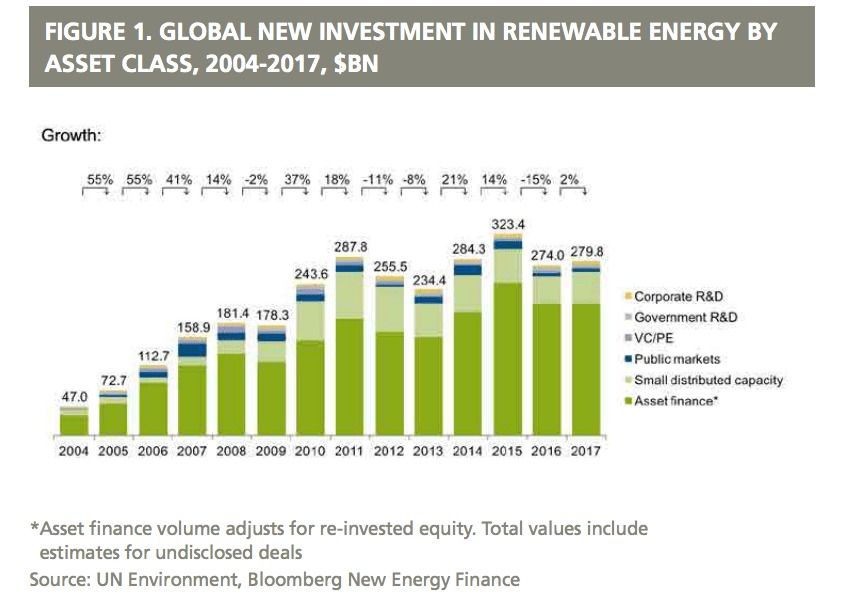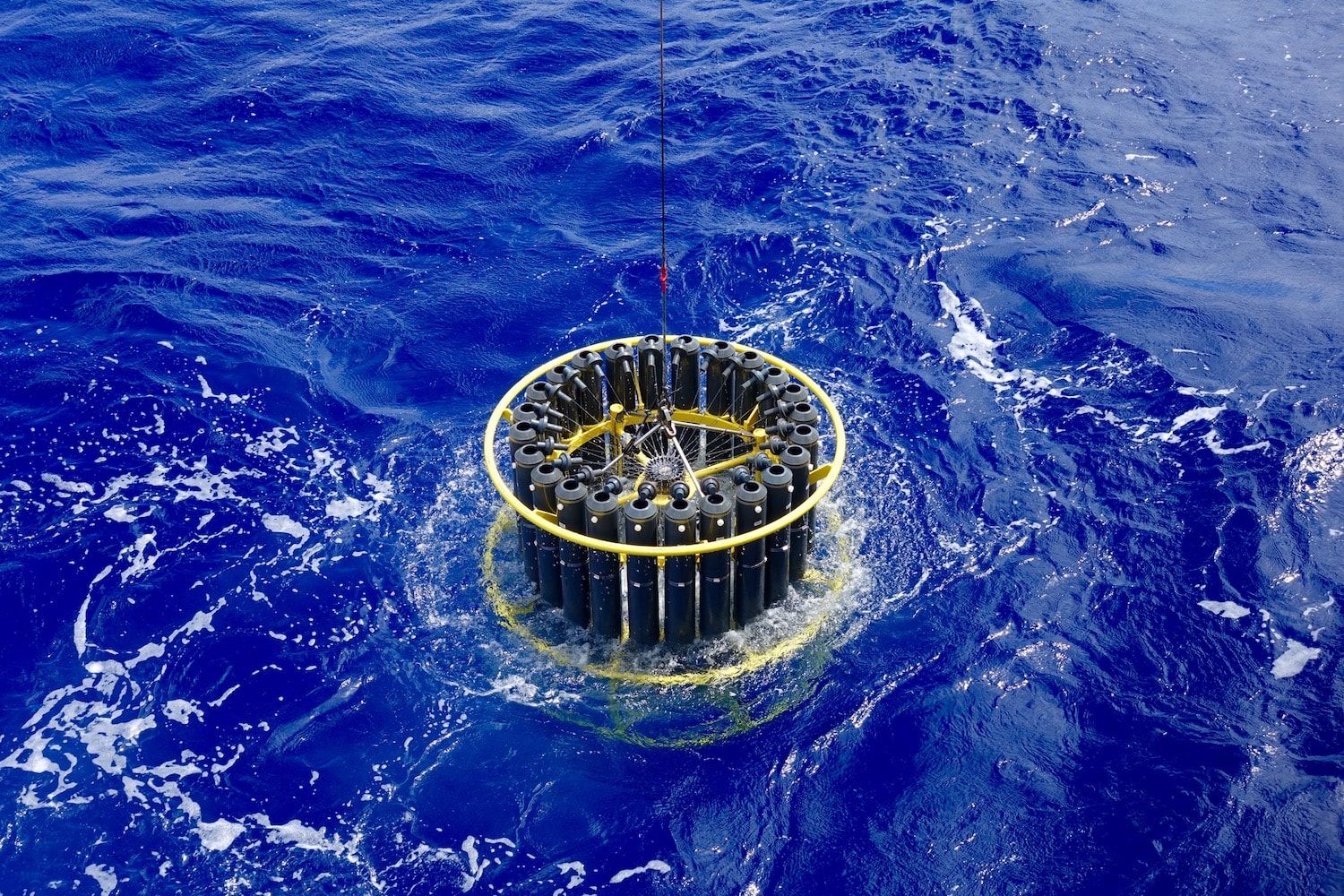Page 9574
Aug 16, 2018
Settling Arguments About Hydrogen With 168 Giant Lasers
Posted by Genevieve Klien in categories: physics, space
With gentle pulses from gigantic lasers, scientists at Lawrence Livermore National Laboratory in California transformed hydrogen into droplets of shiny liquid metal.
Their research, reported on Thursday in the journal Science, could improve understanding of giant gas planets like Jupiter and Saturn whose interiors are believed to be awash with liquid metallic hydrogen.
The findings could also help settle some fractious debates over the physics of the lightest and most abundant element in the universe.
Continue reading “Settling Arguments About Hydrogen With 168 Giant Lasers” »
Aug 16, 2018
The Invisible Forest Under The Sea
Posted by Genevieve Klien in category: sustainability
Half of the planet’s oxygen comes from tiny plants under the ocean’s surface—phytoplankton.
Aug 16, 2018
China will send a rover to the far side of the Moon in December
Posted by Genevieve Klien in categories: robotics/AI, space
The United States and Russia aren’t the only two nations working hard at realizing their space-faring dreams. China has quickly ramped up its high-flying ambitions in the past couple of decades and late 2018 will mark a real milestone for the country’s space program. The country just announced that it plans on launching a lunar rover to the far side of the Moon in December of this year.
The announcement comes via China’s state-run news agency CCTV, and China seems bullish on the prospect of being the first country to explore the far side of Earth’s moon with a robotic rover.
The mission, named Chang’e 4, follows in the footsteps of its predecessor (you guessed it, Chang’e 3) which saw a rover nicknamed “Jade Rabbit” land on the near side of the Moon back in 2013. That rover ran out of steam in August of 2016, and the model that will be flying to the far side is built largely of backup parts from the Chang’e 3 mission.
Researchers are set to develop higher yield wheat varieties requiring less water after making a gene map.
Aug 16, 2018
Within 5 years, the world could widely accept that we are within striking distance of a post aging world
Posted by Montie Adkins in categories: biotech/medical, life extension

George Church, Age-X, HIV, Aubrey, a lil bit of everything here.
Within 5 years, the world could widely accept that we are within striking distance of a post-aging world. This could be with the achievement of mice that would normally die at the age of three getting life extension at the age of two and living beyond 5 years. It might be after that with the similar treatments to reverse aging in dogs. It could be with the first age reversal treatments in humans that make people look significantly younger but also restore muscle and other body functions.
Aug 16, 2018
Smartphones are damaging this generation’s mental health
Posted by John Gallagher in categories: health, mobile phones, neuroscience
Anti-social media.
A new paper suggests that an increase in mobile phone ownership could have led to a rise in mental health problems in young people.
Aug 16, 2018
NYU Offers Full-Tuition Scholarships for All Medical Students
Posted by Alexandria Black in categories: biotech/medical, education, finance
Doctor? Who?
New York University said Thursday that it will cover tuition for all its medical students regardless of their financial situation, a first among the nation’s major medical schools and an attempt to expand career options for graduates who won’t be saddled with six-figure debt [Editor’s note: the link may be paywalled]. From a report: School officials worry that rising tuition and soaring loan balances are pushing new doctors into high-paying fields and contributing to a shortage of researchers and primary care physicians. Medical schools nationwide have been conducting aggressive fundraising campaigns to compete for top prospects, alleviate the debt burden and give graduates more career choices. NYU raised more than $450 million of the roughly $600 million it estimates it will need to fund the tuition package in perpetuity, including $100 million from Home Depot founder Kenneth Langone and his wife, Elaine. The school will provide full-tuition scholarships for 92 first-year students — another 10 are already covered through M.D./PhD programs — as well as 350 students already partway through the M.D.-only degree program.
Aug 16, 2018
Two Industries in One Field
Posted by Steve Hill in categories: biotech/medical, engineering, life extension
Now that we are starting to see the arrival of actual therapies aimed at targeting the processes of aging directly in order to prevent age-related diseases, it has become easier to separate two very distinct groups.
The first group consists of the snake oil salesmen peddling unproven supplements and therapies to whoever is foolish enough to buy and take things on faith without using the scientific method. The hucksters have long been a plague on our field, preying on the gullible and tainting legitimate science with their charlatanry and nonsense. One example is the “biotech company” that makes bold claims yet never delivers on those claims in practice, offering data based on poorly designed experiments and tiny cohorts that are statistically irrelevant; another example is the supplement peddler selling expensive supplement blends with flashy names, which, on inspection, turn out to be commonly available herbs and minerals mixed and sold at a high markup. These sorts of people have plagued our community and given the field a reputation of snake oil.
The second group are the credible scientists, researchers, and companies who have been working on therapies for years and sometimes more than a decade. Many of these therapies are following the damage repair approach advocated by Dr. Aubrey de Grey of the SENS Research Foundation over a decade ago. The basic idea is to take an engineering approach to the damage that aging does to the body and to periodically repair that damage in order to keep its level below that which causes pathology. These therapies are now starting to arrive, with some already in human trials right now, and this marks a milestone in our field: the credible science has finally outstripped the snake oil, and the focus can move from pseudoscience to real, evidence-based science.
Aug 16, 2018
Global Renewable power spending has been virtually flat for seven years and most countries will need expensive grid upgrades to handle more solar and wind
Posted by Bill Kemp in categories: energy, sustainability
Global investment in renewable energy (Solar, Wind, Hydro and biofuel) edged up 2% in 2017 to $279.8 billion, taking cumulative investment since 2010 to $2.2 trillion. The level of global renewable power spending has been virtually flat for seven years. There has been an increase in overall installed renewable power each year because of the dropping prices. A 2% increase in spending has resulted in 10% increase in global installations from 2016 to 2017.
A record 157 gigawatts of renewable power capacity was commissioned in 2017, up from 143GW in 2016. This was more than the 70GW of net fossil fuel generating capacity added last year. However, the installed fossil fuel power generates more kilowatt hours because of the low capacity factors of solar and wind power.


















